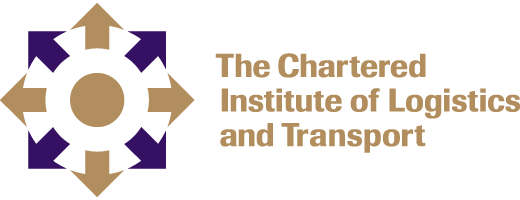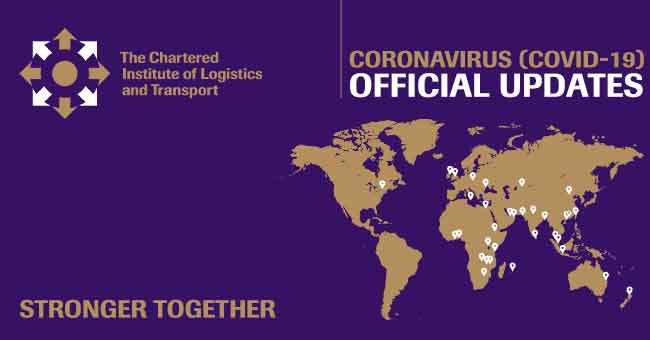A supply chain disruption is a breakdown that can occur in production and distribution processes, including events such as fire incidents, machine breakdowns, natural diseases, quality issues, and an unexpected surge in capacity. From this definition, the Covid-19 pandemic with its general lockdown, is a supply chain disruption.
In China, America, Japan, Germany and France most companies have almost shut down, especially in the automotive, air transport and hospitality sectors, and sectors that are not concerned with food, basic necessities or items needed for fighting Covid-19.
In Africa some sectors are still active, namely those dealing in food, agro-industries and the pharmaceutical sector. These companies are essential for maintaining the population and keeping them well fed and alert against Covid-19. Due to some economic conditions other companies are still open but have slowed down their activities.
Dr Ing Albert Njamen Njanke, Consultant in Supply Chain and Procurement, maps the supply chain fluxes for companies dealing in jeans, iPhones, pharmaceuticals, laptops and cars in order to understand the wider consequences of supply chain disruption due to Covid-19.
Dr Njanke’s report examines these consequences, discusses strategies for coming out of the supply chain disruption, and considers how to prepare for the next disruption. Read the full report here.
This is an example of industry analysis from Cameroon which we are sharing as part of our global best practice resource to help you think about and determine appropriate responses locally.

